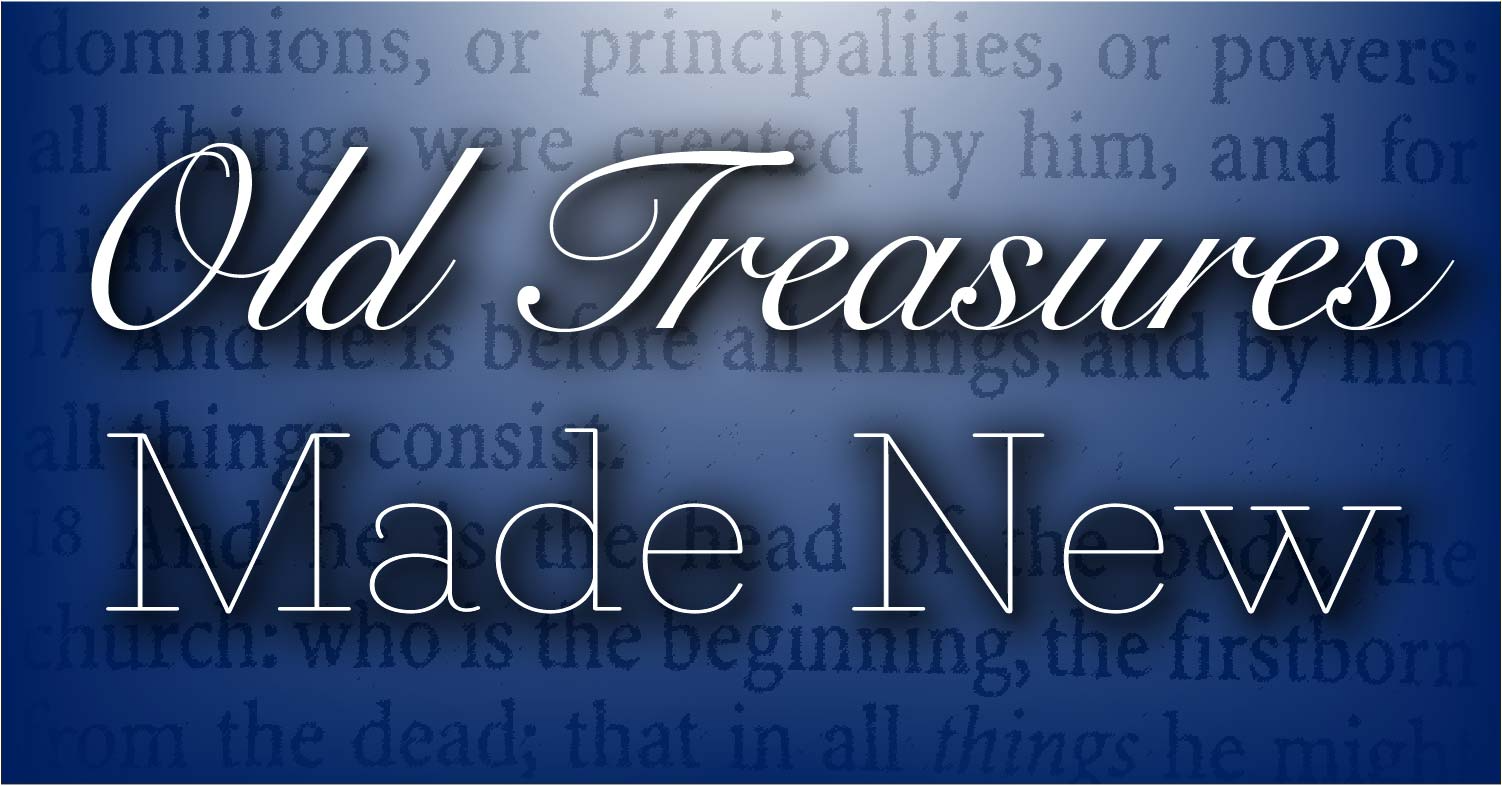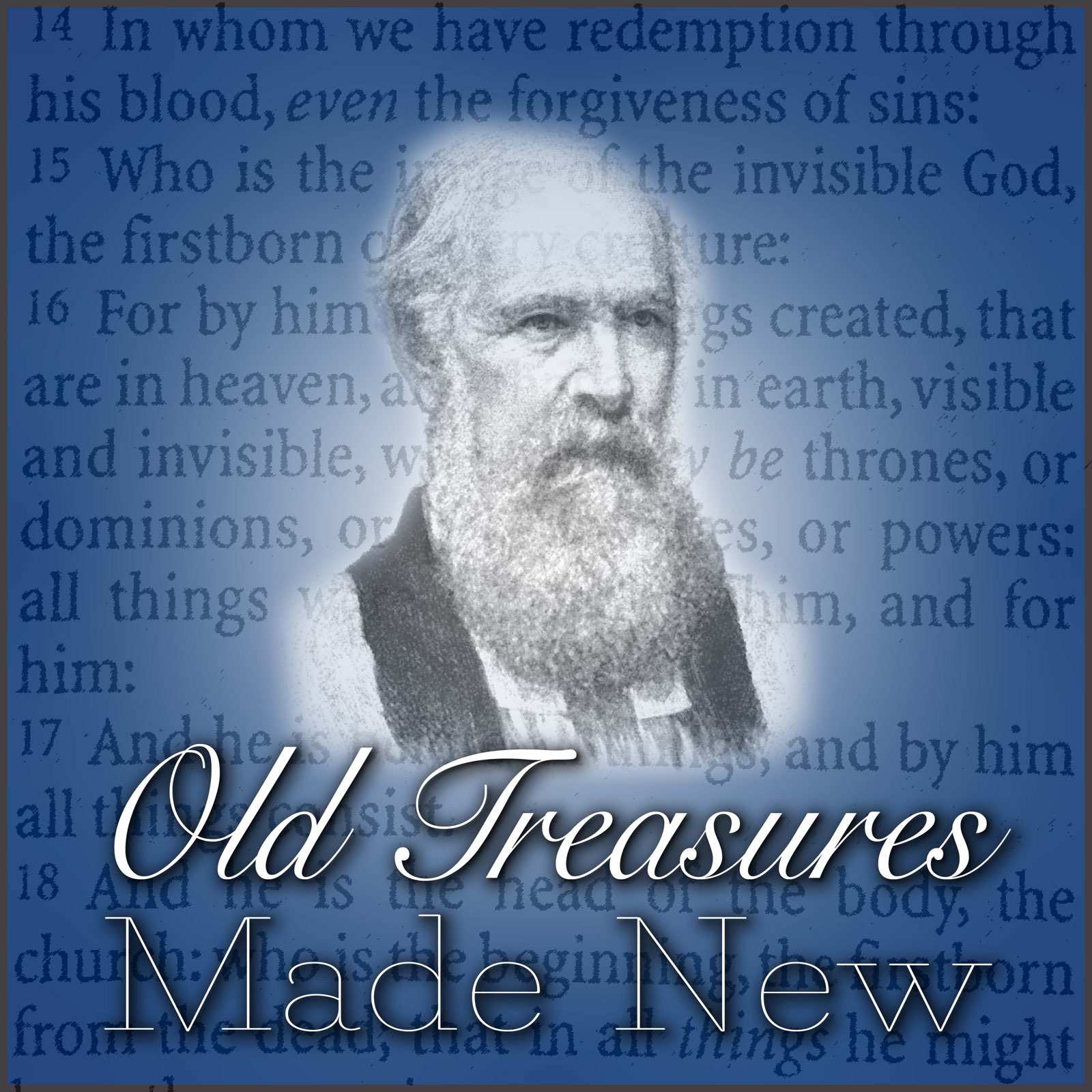Episode 165
Mark 15:1-15
Mark 15:1-15
- Let us mark what a striking proof the Jewish rulers gave to their own nation that the times of Messiah had come.
- Let us mark the meekness and lowliness of our Lord Jesus Christ.
- Let us mark the wavering and undecided conduct of Pilate.
- Let us mark the exceeding guilt of the Jews in the matter of the death of Christ.
- Let us mark what a striking type the release of Barabbas affords of the Gospel plan of salvation.
"We should remember that His death is the life of our souls, and that unless His blood had been shed, we must have perished miserably in our sins."
"Let us beware of giving way to irritation and ill temper, however provoking and undeserved our trials may seem to be. Nothing in the Christian character glorifies God so much as patient suffering."
"Let us pray much for great men. They need great grace to keep them from the devil. High places are slippery places."
"The service of sin and the service of God are continually before us. The friendship of the world and the friendship of Christ are continually pressed upon our notice. Are we making the right choice? Are we cleaving to the right Friend?"
"We are all by nature in the position of Barabbas. We are guilty, wicked, and worthy of condemnation. But "when we were without hope," Christ the innocent died for the ungodly. And now God for Christ's sake can be just, and yet "the justifier of the one who believes in Jesus.""
Questions:
1. As we read this part of gospel history, which Ryle says should ‘always be read with peculiar reverence,’ would we pray that we would see with fresh eyes what can be so familiar?
2. When we suffer, do we complain and excuse ourselves like the first Adam, or do we suffer patiently like the second? Are we prone to irritation and an ill temper when suffering comes?
3. Do we pity our leaders, godly or not, and pray for them, knowing that high places are slippery places?
4. The service of sin and the service of God are continually before us. The friendship of the world and the friendship of Christ are continually pressed upon our notice. Are we making the right choice? Are we cleaving to the right Friend?
5. Are we aware of our great need of the perfect substitute or are we prone to think we deserve being released? Do we, as Ryle says, make use of the cross for our own souls? Can we say, “Christ is mine. I deserve hell. But Christ has died for me, and believing in Him I have a hope of heaven?"


